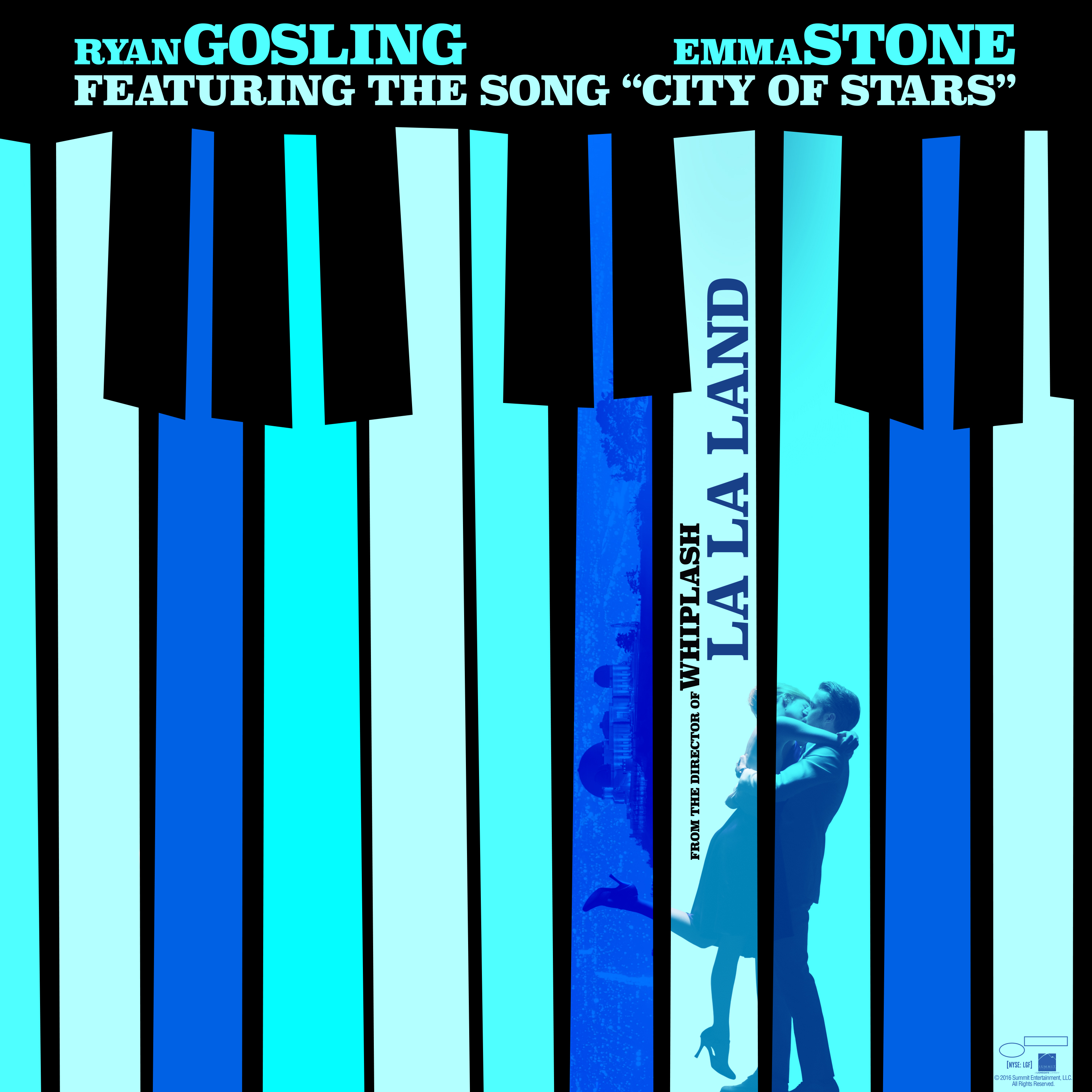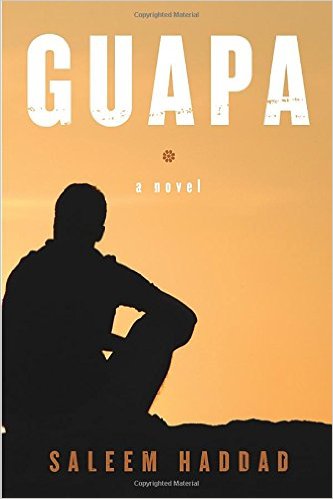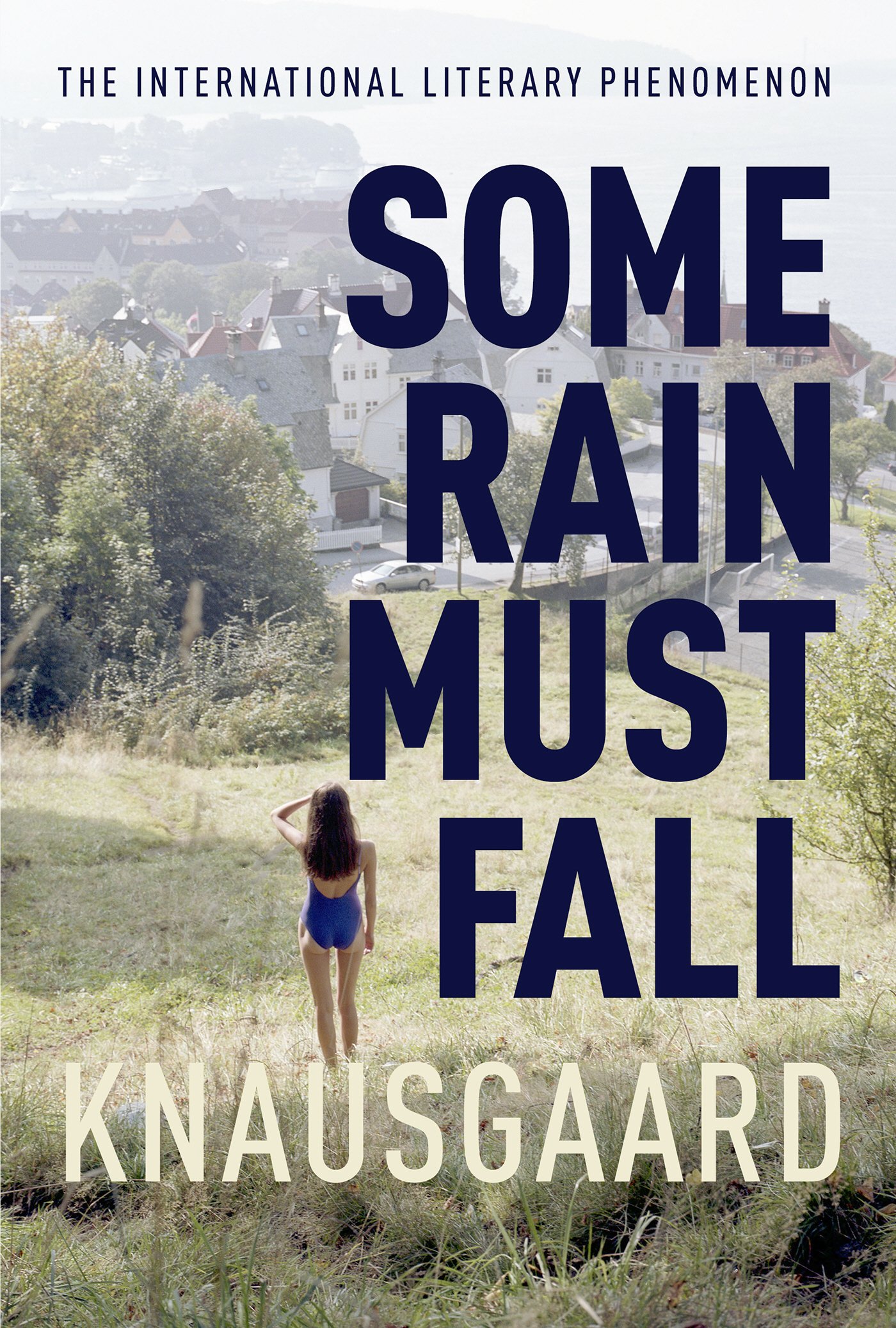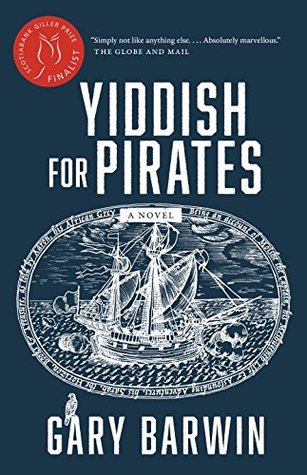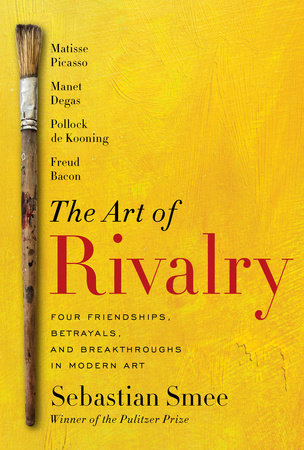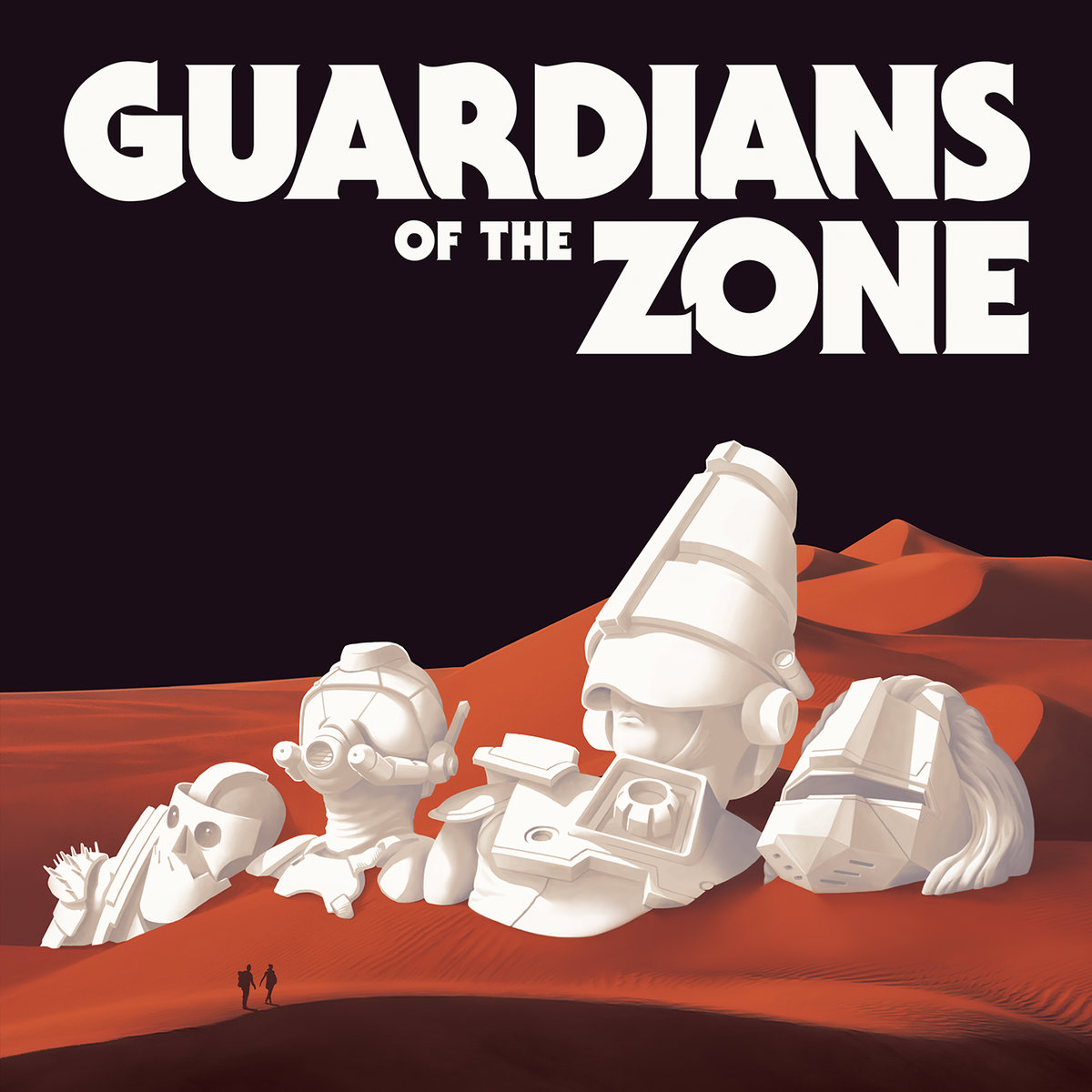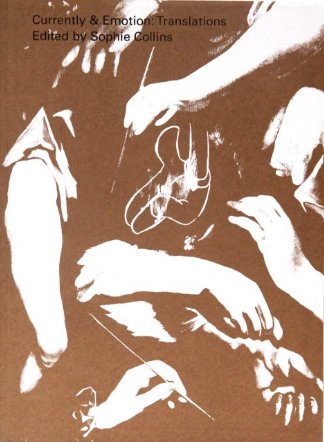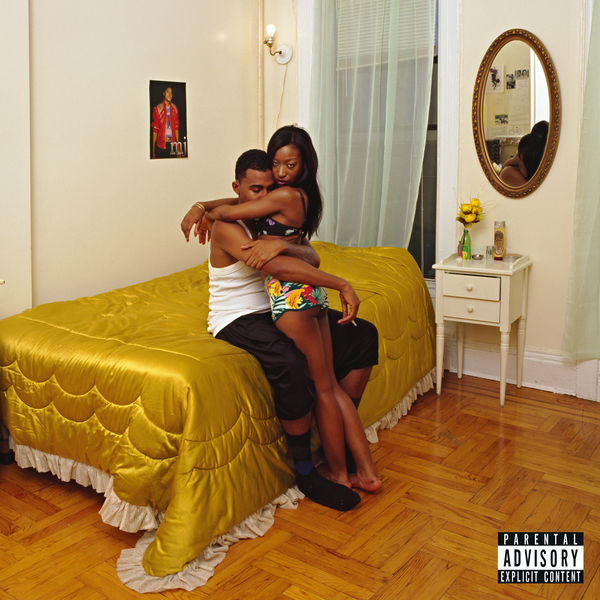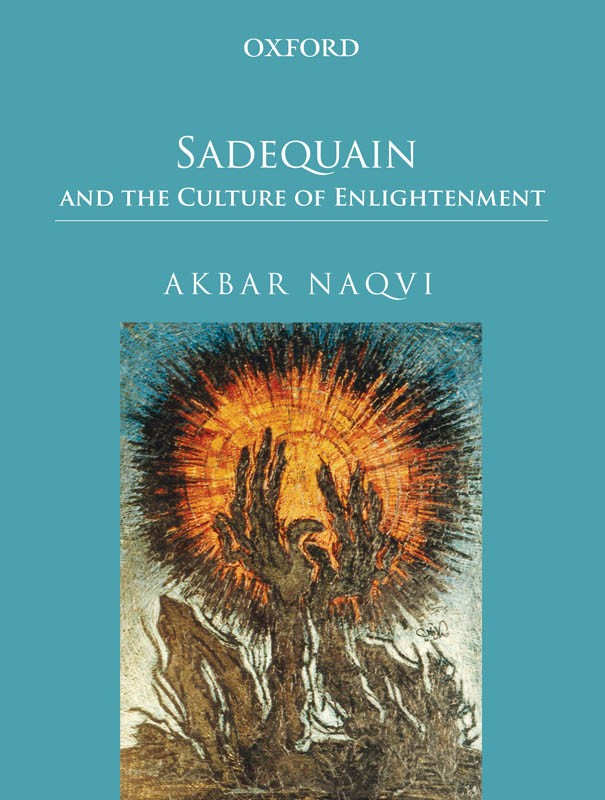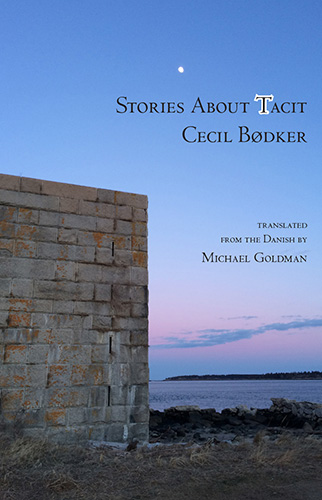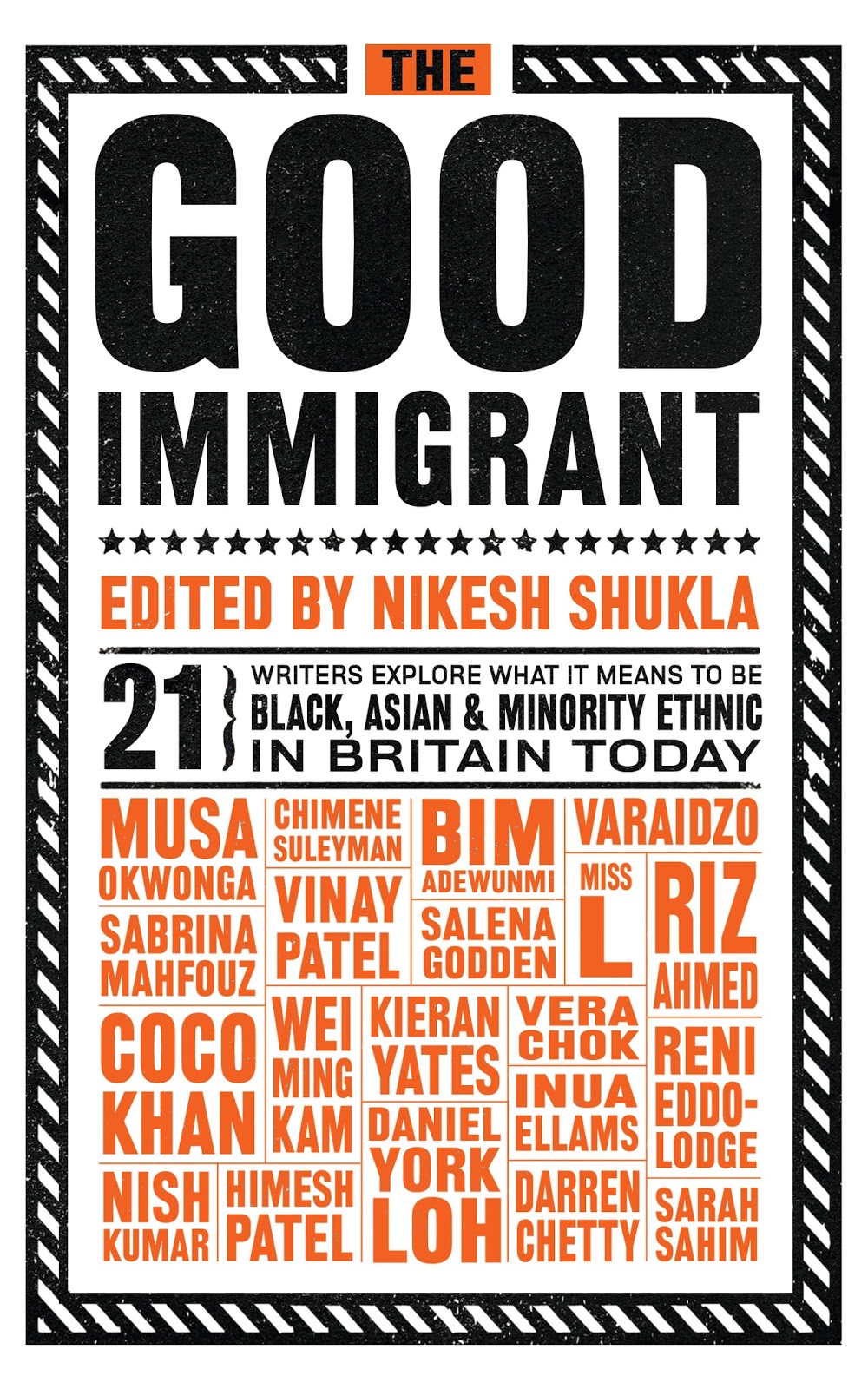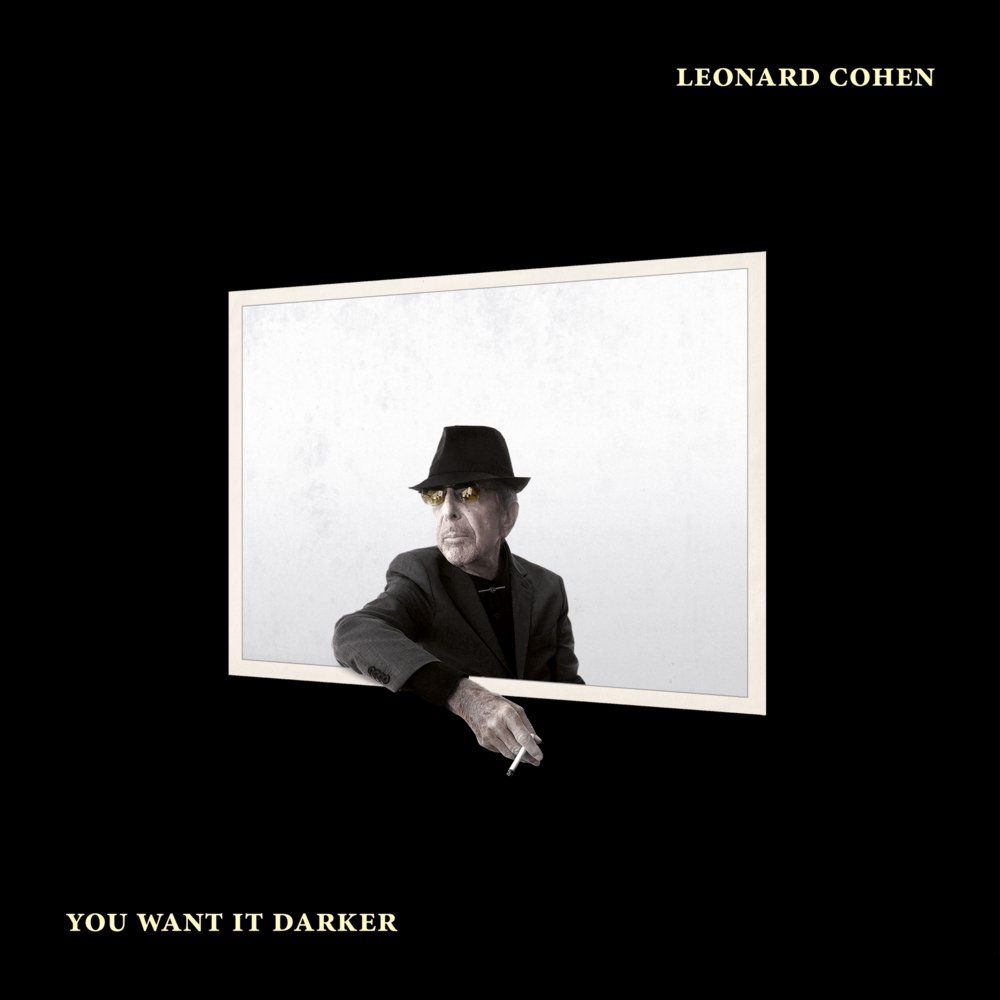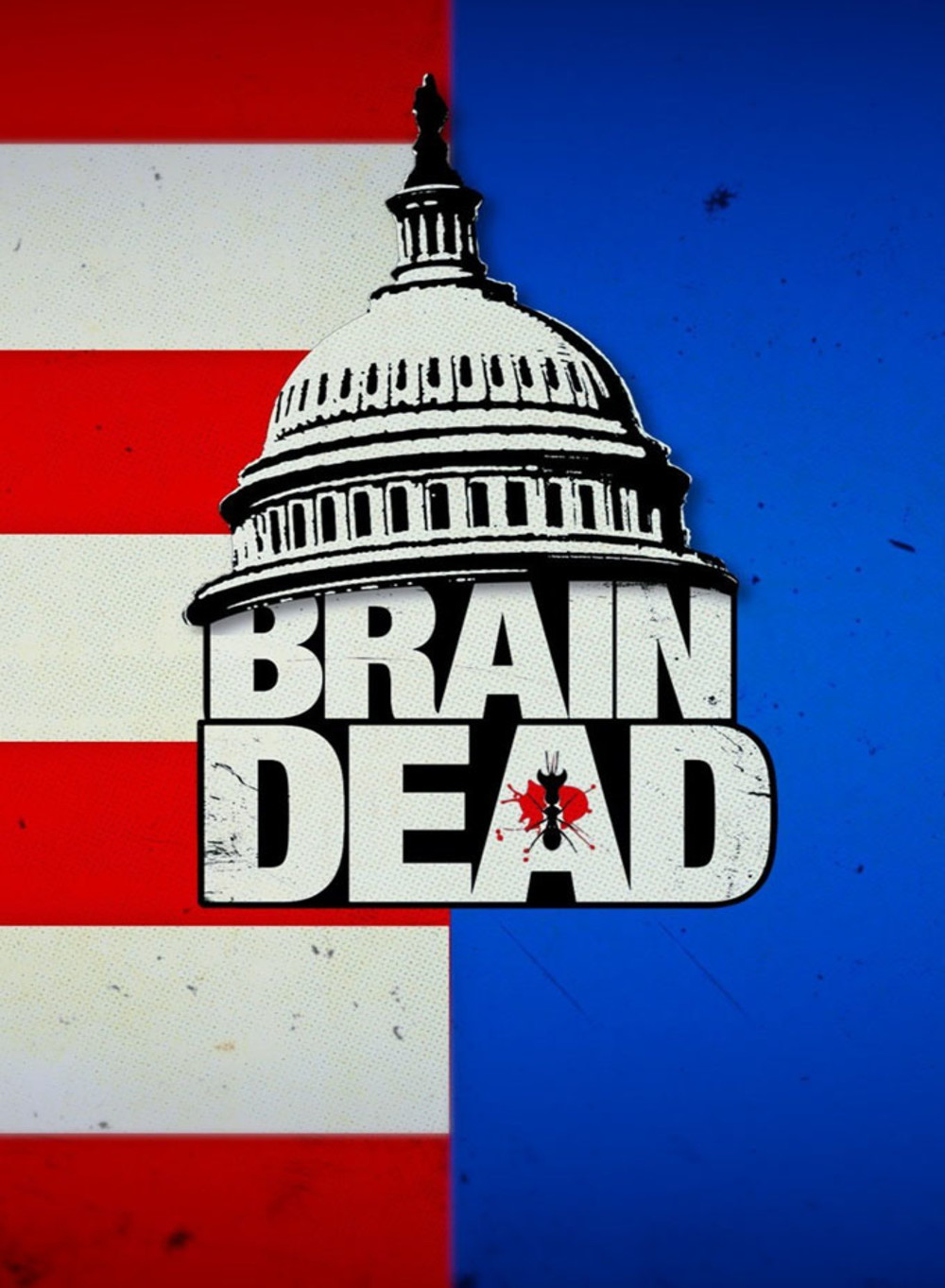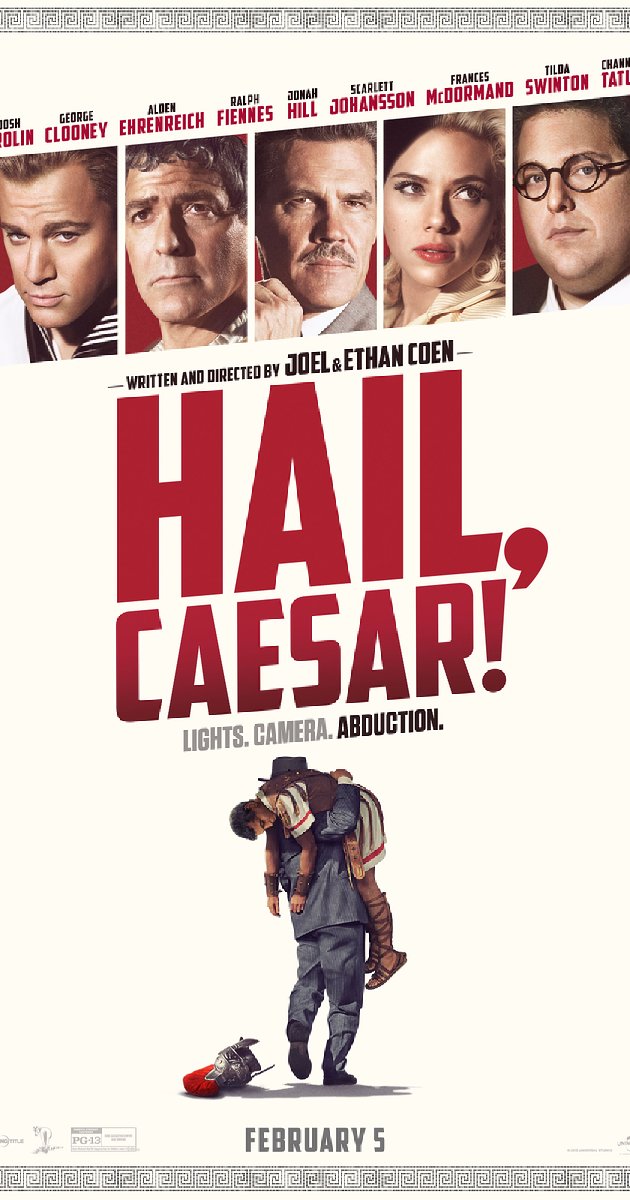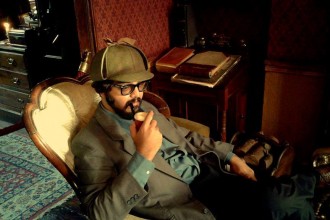From Leonard Cohen to literary translations, a hip hop artist to a Hollywood musical, a bildungsroman to the passing of a great art critic, The Missing Slate’s 2016 picks reflect a year of diversity and nostalgia.Â
La La Land, directed by Damien Chazelle
Maryam Piracha, editor-in-chief Â
We went into the theater with some trepidation. But from the moment it started, with a song and dance number, my doldrums were gone. La La Land is the film to see for 2016: it’s the light at the end of a very long, very tortuous, very prejudiced tunnel.
It features an electrifying performance from Emma Stone — it’s her little, subtle expressions that bring the characters she plays depth and a sense of imminent heartbreak. She’s wonderful.
La La Land will transport you somewhere else; where depends on your frame of mind before, during, and after the film. But you’ll be happier that you saw it.
Close Second: Actor-in-Law, the first Pakistani film I saw this year, and another that lived up to the hype. I’m not sure of its international (and likely subtitled) distribution, but this is a gem of a film. For starters, it takes up issues that are especially relevant in today’s Pakistan: the objectification and sexualisation of women; the country’s constant electric power outages; and not to be forgotten, the power of politicians over journalists willing to be bought; with side stories of the honesty and scruples of our heroes. It’s a ray of light in what’s been a bleak year for the country. That the story was scripted by a woman is just icing on the cake.
I’m bowing out of the best book pick of 2016 this year; most of my reading turned out to be books that were published as their ebook version (or reprints for Pakistan) this year, but were originally published in 2015. Woe is me. While I did read books published squarely in 2016, I defer to my excellent, well-read colleagues for their picks for this year’s best in publishing.
‘Sadequain and the Culture of Enlightenment’, by Akbar Naqvi
Haseeb Ali Chishti, Art Editor
I’d like to think I would’ve chosen ‘Sadequain and the Culture of Enlightenment’ as my favourite book of the year even if its author, Akbar Naqvi, hadn’t passed away last month at the ripe old age of 85. One of the most eminent art critics and historians on the subcontinent, Naqvi published ‘Sadequain’ early in 2016, a testament to his longevity. Though he is gone now, one hopes that his collection of essays and articles will be compiled and published to serve as a beacon for future academics and researchers hoping to serve art.
Naqvi doesn’t just limit the book to a discussion of Sadequain, Pakistan’s most iconic artist. Rather, the tome is an attempt to understand the cultural and historic milieu that shaped his work. The volume focuses on Sadequain’s contribution to calligraphy, his connection with his contemporaries, such as Chughtai and Shakir Ali, and his poetry, but there are also frequent and illuminating digressions on the poetry of Iqbal, the philosophy of Rumi, Amir Khusru’s music and a whole plethora of luminaries that paved the way for Sadequain.
Naqvi attempts to trace the culture of Pakistan back to its roots. He reclaims Sadequain as an original surrealist from those who claim the artist ‘easternised’ surrealism after learning about it in Paris. He does this through insightful discussions on Sadequain influences such as ancient Indian mythology, Arabic, Persian, and Urdu literature, as well as the Muslim Enlightenment during the days of the British. Sadequain is undoubtedly the greatest Pakistani artist of the last century, but such is our national pride in the arts that out of the 14 books published by the Sadequain Foundation in the US, only three have seen the light of day in Pakistan. In this barren wasteland, we remain to mourn not just the dream of enlightenment, but the passing of voices such as Akbar Naqvi who spent their lives awakening us to our own past.
‘Stories About Tacit’, by Cecil Bødker
Translated from the Danish by Michael Goldman
Casey Harding, Managing Editor
In ‘Stories About Tacit’, Cecil Bødker creates a world in the vein of Faulkner’s Yoknapatawpha County. While not nearly as vast, the characters and setting of this story collection have just the same power. This comparison is aided by Bødker’s incredible command of language. Certain passages rang with such force that I found myself re-reading the same page aloud until it was near memorized.
In ‘Stories About Tacit’ you follow Tacit on his gradual growth into adulthood. Throughout the book, aided by the expert translation by Michael Goldman, I was struck again and again by the sheer humanness in the stories. The characters Bødker created live and breathe in this world: whether it is Tacit cutting off the fringes of his Grandmother’s bedspread to make it look more like a boy, to Tacit coercing a female friend of his to go swimming and then comparing her to a fairy tale that he invents on the spot, to Ælgar, an old man who the town is convinced committed a murder years ago and who just wants to be left alone with his horse, these stories are filled with the minutia and beauty of real life. As with Faulkner, authors like Cecil Bødker only appear once, and to miss one is to miss a glimpse into the humanness that connects us all.
*An excerpt from ‘Stories About Tacit’ appeared in The Missing Slate on March 3rd 2016.
‘Freetown Sound’, by Blood Orange
Pratyusha Prakash, Social Media and Poetry Editor
‘Freetown Sound’ is simultaneously an ode to black culture and a discussion of the perils of being black. The nature of conveying an identity is fraught with pitfalls, and the lyrics explicitly outline the struggles of a black man confronting racial and sexual issues. As Dev Hynes, aka “Blood Orangeâ€, himself says, “My album is for everyone told they’re not black enough, too black, too queer, not queer the right way… it’s a clapback.” He chooses to address these issues through what is essentially a collage, with multiple vocals, spoken word, and sound bites. These add to ‘Freetown Sound’s’ multifaceted narrative.
Female artists shine in this album. There are more familiar names (Nelly Furtado, Carly Rae Jepsen) alongside relatively unfamiliar ones (Kelsey Lou). They round off the album, give it depth and texture. They carve out their spaces, adding to the album’s shifting perspectives and pluralism.
Although ‘Freetown Sound’ can certainly stand on its own, it speaks to the zeitgeist of the age. There are several overt references to current events, perhaps most strongly in “Hands Up”, which references the 2012 murder of Trayvon Martin. Elegiac tones are overt, especially in the instance of “Cry and burst my deafness/ While Trayvon falls asleep” (Augustine).  In “Chance” Hynes sings, “All I wanted was a chance for myself.” It’s peculiarly haunting, a sentiment that underlines the anxieties of being black in America: overlooked, forgotten, ignored, misunderstood, and in perpetual danger.
‘The Good Immigrant’, edited by Nikesh Shukla
Alexander Gingell, Nonfiction Editor
“It was as if, even though we had been born here, we were still seen as guests, our social acceptance only conditional upon our very best behaviour.â€
‘The Good Immigrant’ is a collection of twenty-one essays by black, Asian and minority ethnic voices, crowdfunded in a matter of days, and documenting “what it means to be a person of colour†in Britain today. From actors, journalists and academics to poets and comedians, the contributors explore, among myriad other subjects, the reasons why immigrants come to the United Kingdom, why they choose to stay or leave and what it means to be “other†in a country that all too often “doesn’t seem to want you, doesn’t truly accept you — however many generations you’ve been here — but still needs you for its diversity monitoring forms.â€
A central tenet of ‘The Good Immigrant’ is its confrontation and exploration of the suggestion that immigrants are welcome in Britain, but only under certain conditions. Editor Nikesh Shukla was inspired, at least in part, by discourse surrounding why society seems to view people of colour as “bad immigrants†— “benefit scroungersâ€, “job stealers†and potential threats — until, by certain means, such as becoming an Olympic gold medallist, “baking good cakes†or “being conscientious doctors,â€Â they cross the divide and become “good immigrants.â€
Particularly powerful for me were Wei Ming Kam’s ‘Beyond ”Good” Immigrants’, in which she looks at the ‘model minority stereotype’ and the lack of East Asian representation in politics and popular culture, Riz Ahmed’s evocation of repeatedly being searched and detained in airport security in his ‘Airports and Auditions’ and Musa Okwonga’s ‘The Ungrateful Country’, which asks why the media coverage of the immigration discourse has largely failed to recognise what countless immigrants have brought to Britain, both culturally and economically.
The voices in this collection are disparate and different, and they reach various conclusions, yet they are united by a collective acknowledgement of the urgent need to ask certain questions. Humour, anger, optimism and despair rub shoulders in this poignant, thought-provoking and immensely important collection.
Hail, Caesar!, Directed by Ethan and Joel Coen
Aaron Grierson, Contributing Editor
This film, as much as it is touted as a comedy, is a great deal of other things: a historiographic tour; a social commentary; a satire of Hollywood rising. Much of it can only be appreciated with some targeted reading prior to watching, or an established love of historical Hollywood.
While I understood the reference categorically and stylistically in Channing Tatum’s homoerotic dance number as a shore-laden sailor, I couldn’t have told you what films it was referencing. The same goes for the most obvious, or at least most central reference. Film savvy people have informed me, that Clooney’s character is alluding to the recently (and probably dismally) remade Ben-Hur.
Many critics shot at the lack of plot, especially around the communists, something I would argue is intentional. Regardless, it’s still a sharp, often satirical look at the time. It depicts many the card carriers as what they are, generally harmless idealists who just want some recognition for their hard work. An idea which in and of itself is rather un-communist.
Everyone, every cliché, and every trope is picked on equally in this movie. The characters are walking archetypes, and with one exception, are the opposite of their in-film actor/ess counterparts. If you appreciate the history of film, or Hollywood, or the Coen Brothers, then I would heartily recommend this film, even if you don’t do your homework.
‘Some Rain Must Fall’, by Karl Ove Knausgård
Original title: ‘Min Kamp 5’ (translated from Norwegian by Don Bartlett)
Jacob Silkstone, Managing Editor
Is Karl Ove Knausgård’s ‘Min Kamp’ series beginning to outstay its welcome? The comparisons to Proust (European writers with multi-volume semi-autobiographical ‘novels’ and surnames that the uninitiated tend to stumble over) are less frequent now, giving way to suggestions that Knausgård’s writing somehow encapsulates white male pretensions and privilege. For all the initial acclamation, not many people bought the first volume, fewer managed to finish it, and hardly anyone has read the entire sequence (the sixth and final volume is currently being translated into English).
‘Some Rain Must Fall’, the English title of Don Bartlett’s latest Knausgård translation, contains the fifth and sixth parts of ‘Min Kamp’ (echoes of Hitler completely intentional). Knausgård’s fourteen years in Bergen are spread out over roughly 650 pages. At first glance, ‘Some Rain Must Fall’ is a fairly traditional bildungsroman: the young, rather naïve protagonist arrives in the city (if you can stretch your imagination far enough to call Bergen a city) for the first time and attempts to make his way as a writer. After several initial setbacks (for the young writer, nothing is truly a failure if it can be remoulded into a decent anecdote), the story ends with the protagonist’s debut publication(s) and some sense of forward motion.
So far, so conventional. And yet ‘Some Rain Must Fall’ offers, at its best, a sense of something stirring far beneath the surface of the text. “What was consciousness,†Knausgård asks in one passage, “other than the cone of light from a torch in the middle of a dark forest?†The darkness around the edges of the text presses closer at certain points, particularly in episodes connected to Knausgård’s drinking (for the second time in the series, Knausgård —uncontrollably inebriated—slashes his face with a fragment of glass; the parallels with his father’s self-destructive alcoholism are hard to avoid).
Don Bartlett’s English translation is consistently impressive, but not quite flawless. He mangles the name of Bergen’s largest mountain (which appears first as ‘Mount Ulrich’ and then, correctly, as ‘Ulriken’) and omits sections of the Norwegian original: a lyric entitled ‘Hun, Hunden, Hun’ has either been written off as irrelevant or written off as untranslatable. Minor gripes aside, Bartlett’s achievement is as worthy of admiration as Knausgård’s: ‘Some Rain Must Fall’ is, at the very least, a strong contender for 2016’s best translation.

